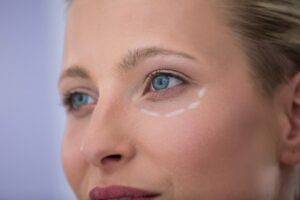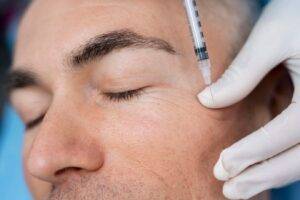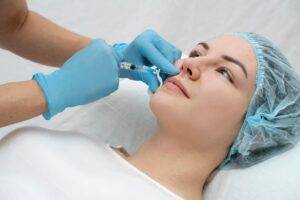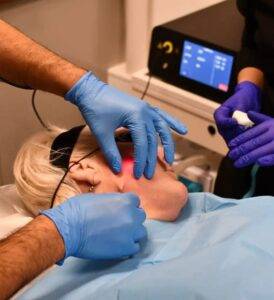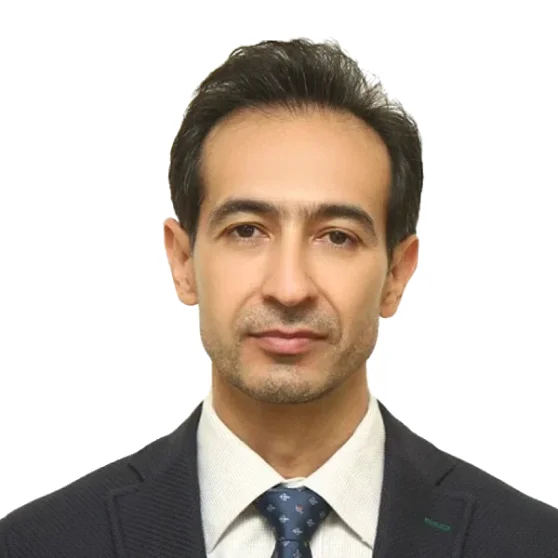Book an appointment
What is Hair Loss?
Hair loss, medically known as alopecia, refers to the partial or complete loss of hair from areas where it normally grows. It can occur on the scalp or other parts of the body. Hair loss can occur for a variety of reasons which can be temporary or permanent, and it often depends on factors such as genetics, hormonal changes, medical conditions, medications, and lifestyle factors. Here are some common reasons why people experience hair loss:
- Genetics: One of the most common causes of hair loss is a hereditary condition called androgenetic alopecia, also known as male-pattern or female-pattern baldness. This type of hair loss is typically influenced by genes inherited from one’s parents.
- Hormonal Changes: Hormonal imbalances can lead to hair loss. For example, changes in hormonal levels due to pregnancy, childbirth, menopause, or thyroid disorders can contribute to hair loss in both men and women.
- Medical Conditions: Certain medical conditions can cause hair loss as a symptom. These conditions may include autoimmune diseases like alopecia areata, scalp infections, skin disorders such as psoriasis or seborrheic dermatitis, and chronic illnesses like diabetes or lupus.
- Medications: Some medications can have hair loss as a side effect. Examples include chemotherapy drugs, anticoagulants, antidepressants, and medications used to treat high blood pressure, acne, and arthritis.
- Stress: Physical or emotional stress can trigger a type of hair loss called telogen effluvium. This occurs when stress causes a large number of hair follicles to enter the resting (telogen) phase simultaneously, leading to excessive shedding.
- Nutritional Deficiencies: Inadequate intake of essential nutrients, such as iron, zinc, vitamins (particularly vitamin D and B vitamins), and protein, can affect hair health and contribute to hair loss.
- Traction: Excessive pulling or tension on the hair, often due to tight hairstyles like braids, ponytails, or extensions, can lead to a type of hair loss called traction alopecia.
- Chemical Treatments: Overuse of harsh chemical treatments such as hair dyes, relaxers, and perms can damage the hair shaft and lead to breakage and hair loss.
- Age: Hair loss is a natural part of the aging process for many people. As individuals age, their hair may become thinner and more prone to shedding.
- Androgenetic alopecia: Also known as male-pattern baldness or female-pattern baldness, this is the most common type of hair loss and is often hereditary.
- Alopecia areata: This is an autoimmune condition where the immune system attacks hair follicles, causing hair loss in patches.
- Telogen effluvium: This type of hair loss occurs when there is a significant amount of stress on the body, such as due to illness, surgery, childbirth, or extreme weight loss, leading to a large number of hair follicles entering the resting (telogen) phase simultaneously.
- Traction alopecia: Hair loss caused by repeated pulling or tension on the hair, often due to hairstyles that pull the hair tight, such as braids, ponytails, or extensions.
- Trichotillomania: A psychological disorder characterized by the urge to pull out one’s hair, resulting in noticeable hair loss.
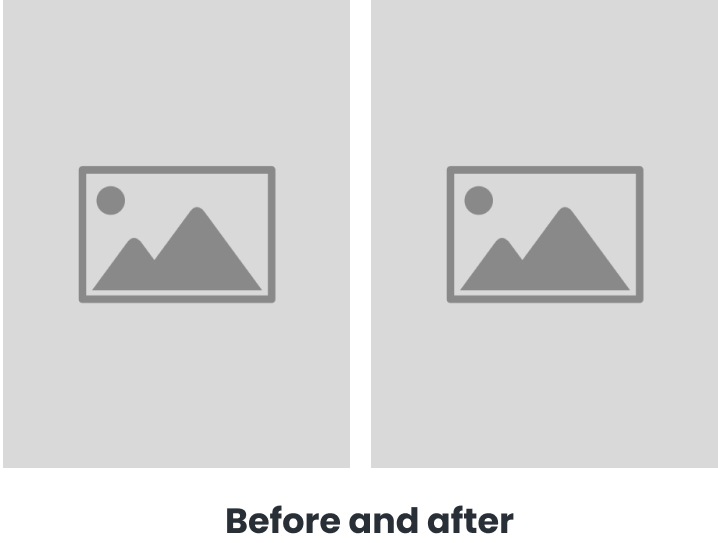
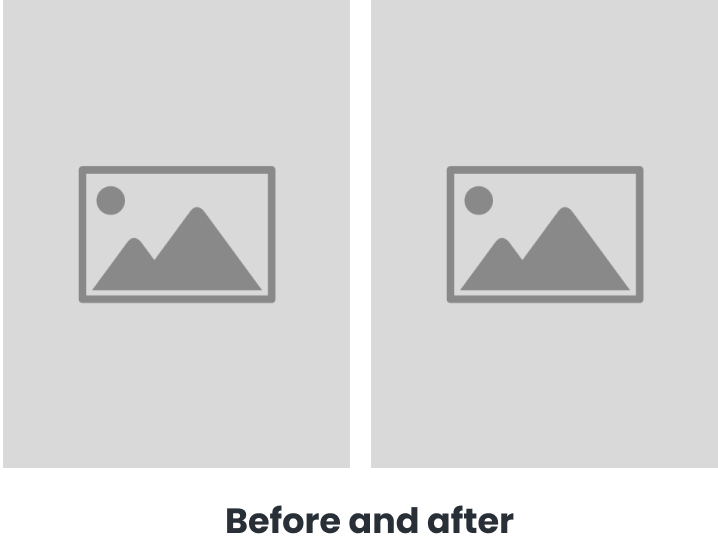
What are the treatment options for hair loss?
There are various treatment options available for hair loss, depending on the underlying cause and the severity of the condition. Here are some common treatments:
- Hair Transplant Surgery:
- Follicular Unit Transplantation (FUT): Involves removing a strip of skin from the back of the scalp, extracting individual hair follicles, and implanting them into balding areas.
- Follicular Unit Extraction (FUE): Hair follicles are directly extracted from the scalp and transplanted to thinning areas. This method is less invasive than FUT and has a quicker recovery time.
- Laser Therapy:
- Low-level laser therapy is thought to promote cell growth and function in the scalp and stimulate the hair follicles to grow. It’s available in some clinics and as a home treatment device.
- Scalp Micropigmentation (SMP):
- A non-surgical treatment where natural pigments are applied at the epidermal level of the scalp to replicate the natural appearance of real hair follicles or strands.
- Natural Remedies and Supplements:
- Some individuals use vitamins and supplements like biotin, vitamin D, zinc, and iron to support hair health and reduce hair loss. Natural oils such as rosemary and peppermint oil may also be used to help stimulate hair growth.
- Lifestyle Changes:
- Improving diet, reducing stress, and quitting smoking can also help manage hair loss.
Why choose Newsense Clinic for your Hair Loss Treatment?
Our clinic stands out for its comprehensive approach to treating hair loss. We not only treat the symptoms but also delve into the root causes of your hair loss. Our team of experts is committed to providing personalized care and support throughout your treatment journey. We are equipped with the latest in hair restoration technology and stay updated with ongoing advancements in the field of dermatology and trichology.
Ready to take the first step towards fuller, healthier hair? Book your consultation at Newsense Clinic today and discover the best hair loss treatment in Dubai tailored specifically for you. Contact us now to schedule your appointment and begin your journey to hair rejuvenation.

